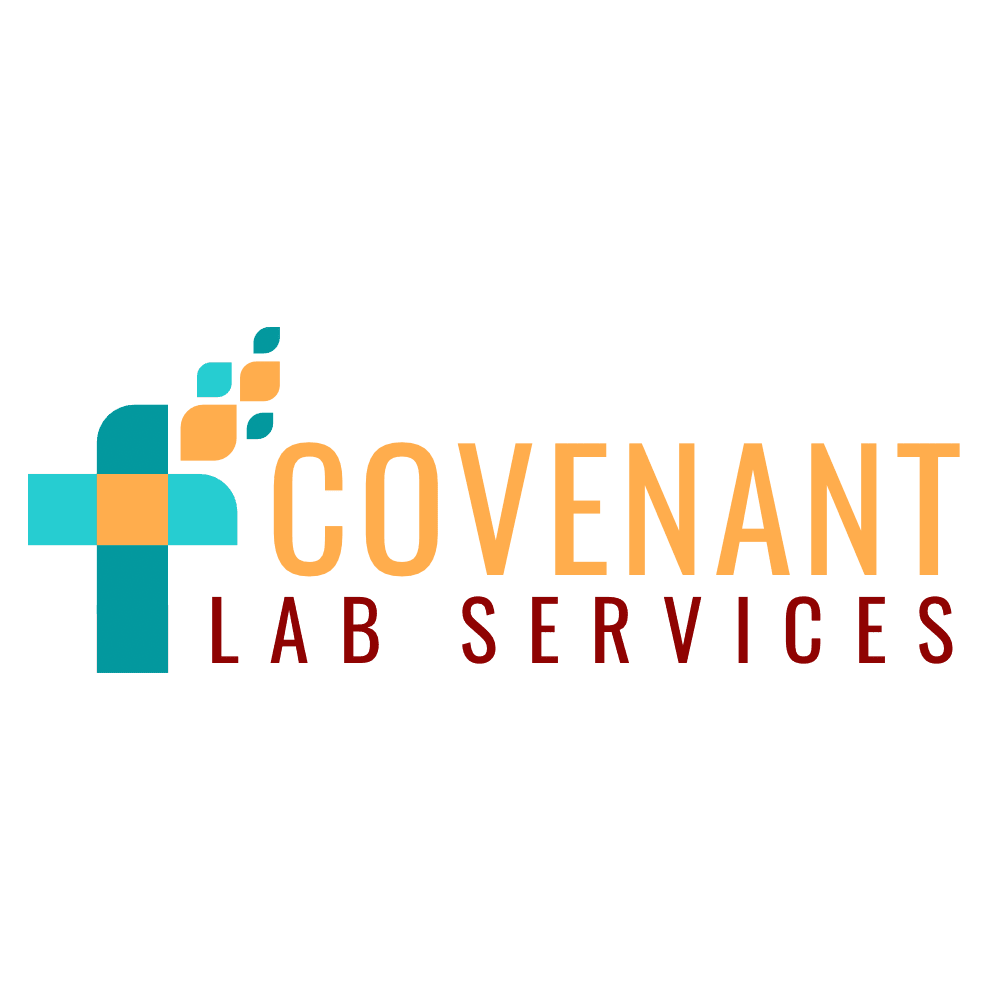FAQs
We accept a variety of payment methods, including credit/debit cards, PayPal, and other digital payment options. Please visit our website or contact our customer service team by submitting a webform for more information on payment methods.
The cost of our services varies depending on the specific service and any applicable promotions or discounts. Please visit our website listing to view details and pricing for your selected service.
Because of the nature of the services that we provide, we have a strict no refund policy.
We offer a wide range of services to meet our customers' needs. Our services include drug screening, Livescan fingerprinting, point of care testing and more.
Certain over-the-counter medications, such as cough suppressants, cold medications, and antihistamines, can cause a false positive on a urine drug screen for some drugs, such as amphetamines or opioids. It is important to inform the healthcare provider administering the test of any medications or supplements you are taking.
It is possible to fail a urine drug screen even if you have only used drugs once, as the length of time that drugs can be detected in urine varies depending on the type of drug and the individual's metabolism. In general, drugs can be detected in urine for several days to a few weeks after use.
Urine drug screens are generally considered to be highly accurate, but false positives can occur in rare cases. Factors that can affect the accuracy of the test include the type of drug being screened for, the sensitivity of the test, and the individual's metabolism and hydration status.
A urine drug screen can detect a wide range of drugs, including marijuana, cocaine, opioids (such as heroin and prescription painkillers), amphetamines, benzodiazepines, and barbiturates.
A urine drug screen is a test that detects the presence of drugs or their metabolites in the urine. It is done to determine whether a person has been using drugs, as well as to monitor drug use in individuals who are prescribed medication.
Livescan fingerprinting is considered to be a highly accurate method of capturing fingerprints, with a low error rate compared to traditional ink and roll methods. However, the accuracy of the results may depend on various factors, such as the quality of the fingerprints captured and the experience and training of the Livescan operator.
You will typically need to bring a valid government-issued photo ID, such as a driver's license or passport, and any other required documents or forms provided by the agency requesting the Livescan fingerprinting.
The Livescan fingerprinting process typically takes between 10 to 30 minutes to complete. However, this may vary depending on the number of prints required, the quality of the prints, and any technical issues that may arise during the process.
Yes, Livescan fingerprinting is mandatory for certain types of employment or licenses, such as healthcare professionals, teachers, law enforcement officers, and security guards. It may also be required for immigration purposes, adoption, and other legal matters.
Livescan fingerprinting is a digital method of capturing fingerprints that is used for criminal background checks, employment screening, licensing, and other purposes. It involves using a special scanner to capture an individual's fingerprints and electronically transmit them to a database for processing.
Send Us A Message
Complete the form to connect with us!
Contact Us
Give us a call
(813) 449-0997Send us an email
[email protected]